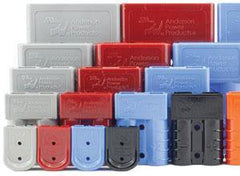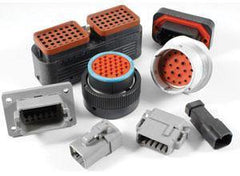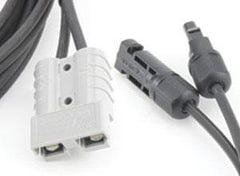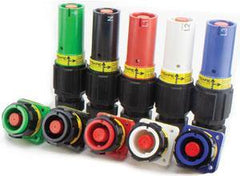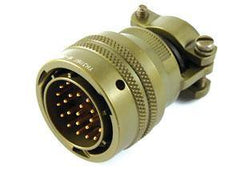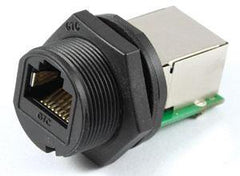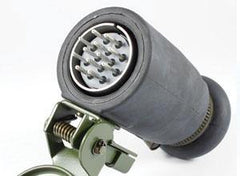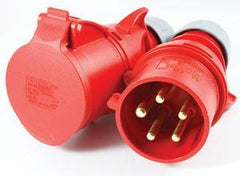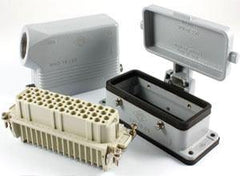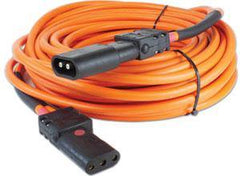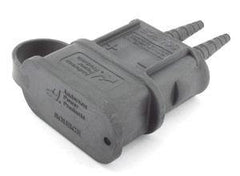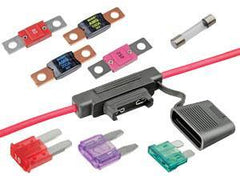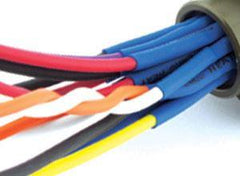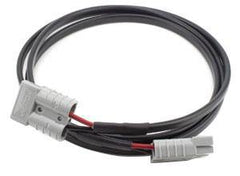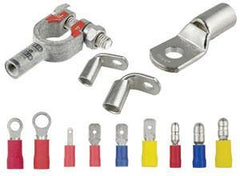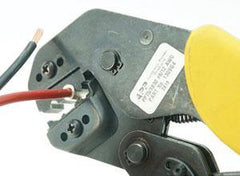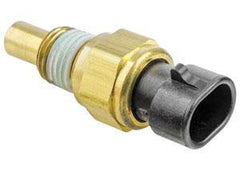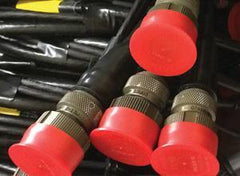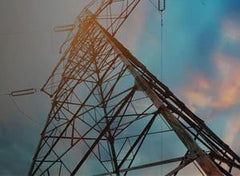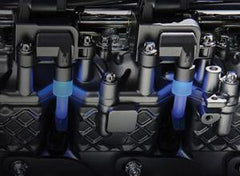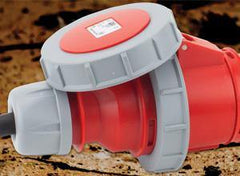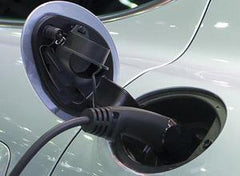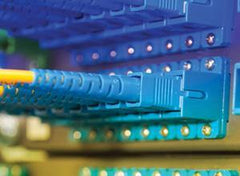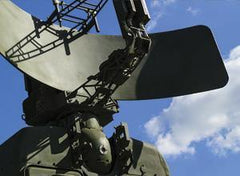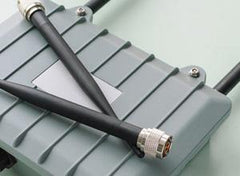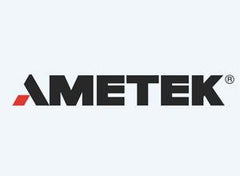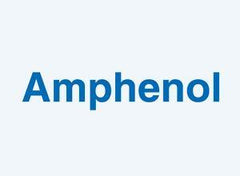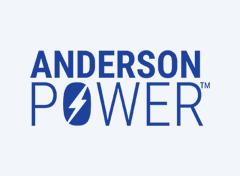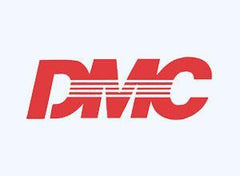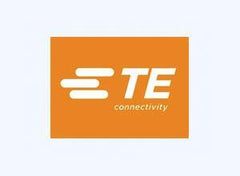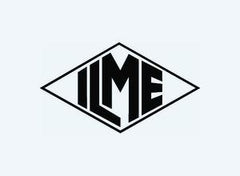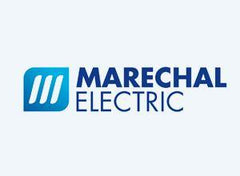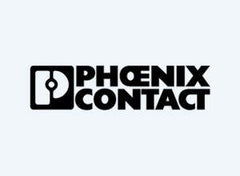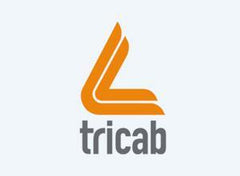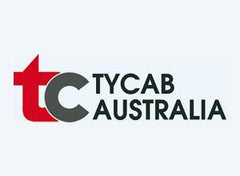Connector-Tech ALS is the most reliable supplier of silver-plated Anderson Connector terminals to suit all wire sizes and any current range.
Reliable Supply of Anderson Plug Terminals & Contacts
In our range aboe, you will find everything from small 15 to 30 amp right up to the highest voltage 350 Amp Anderson power connectors.
You can be confident that all of our silver-plated contacts are genuine Anderson products. There are counterfeit versions available which are marked as Anderson Power Products, but are not actually manufactured or endorsed by Anderson. We understand that quality and safety are the priorities for customers when buying harsh environment electrical connectors. Connector-Tech ALS only sells genuine Anderson products to wholesalers, resellers and end users alike who recognise the value and quality of Anderson plug contacts.
For more information on the available Anderson plug contacts and, to know which are suitable for your requirements, visit the Anderson Power Products page. Alternatively, you can contact our highly-skilled customer service team for support.
Crimping Or Soldering For Anderson Plug Contacts
One of the biggest questions our customers have when assembling Anderson plugs is whether to crimp or solder the contacts for the most reliable connection. Both methods will work so the decision can come down to your personal preference and experience. At Connector-Tech ALS, we recommended crimping the contact to the wire in our handy step-by-step guide for how to assemble Anderson plugs.
Crimping is the quickest method and offers more long-term reliability with the connection. While crimping is generally a simple process, it is still important to use a tool that will not destroy the round shape of the contact. Some brands of crimpers deform the barrel of the contact into an oval which could cause problems with insertion into the housing. We use the Anderson Power Products 1309G4 Crimp Tool on all of our cable assemblies because it creates a secure, single-indent crimp which will remain unaffected by vibration which can weaken solder joints.
Soldering takes a little more care and effort, but is still an acceptable method for securing the contacts in place. You have to ensure that not too much solder is applied and that it does not run down onto the tongue (tip of the contact). If solder flux or solder ends up on the contact then it can add to the resistance and cause voltage loss in the connection. Solder is also hot metal which can be dangerous to work with so ensure that you take the appropriate caution when choosing this method for installing Anderson connector terminals.
Whether you use crimping or soldering, it is also important to know that you have the correct wire size to guarantee a secure and reliable connection. If you are using a wire size that may be too small for the contact, then you may have to fold the wire over before inserting it or add additional strands to the contact to properly fill the hole and ensure a proper crimp/solder connection. If you have any other questions about connecting Anderson plug contacts using either method then speak with our knowledgeable and helpful staff today.
When ordering a connector it is not always as simple matter of determining between 'male' and 'female' because this can refer to both the housing gender and the contact gender. Many manufacturers offer a given housing gender with both pin and socket. A common example of such confusion occurs in the Deutsch Industrial DT range, where the plug (or male connector) actually contains socket (or female) contacts. For this reason please specify both the contact and housing gender at the time of order.
The IP Rating of a connector or accessory relates to the degree of ingress protection provided by that component. The first digit of the code relates to the degree of protection against access to hazardous parts (conductors etc) and against solid foreign objects. The second digit refers to the degree of protection against the ingress of water. For two examples of this system, consider the most commonly seen IP ratings in our products: IP44 and IP67. IP44 4: Protection from solid objects ≤1mm | 4: Protection against splashing water IP67 6: Protection from dust-sized objects | 7: Protection against immersion in water at depth of 1m for 30mins A complete guide to all IP Ratings is available here.
These terms are used by Phase 3 and ITT Veam on their high-current connectors.The source is considered the half of the connection from which the power is sourced; or the half supplying the electrical power. In an emergency power application, the generator is the source and would be fitted with Panel Source (panel-mount) connectors, a Panel Source Powersafe Box, or Line Source (inline) connectors on pigtails. The drain is the half of the connection which drains the power from the source. In the same emergency power application described above, the network receiving the emergency power supply is the drain and would be fitted with Line Drain connectors, Panel Drain connectors or a Panel Drain Powersafe Box.
We commonly deal with both American Wire Gauge (AWG) and square millimetre (mm2) dimensions as the units used by manufacturers can vary. To convert between measurements please refer this conversion chart.


